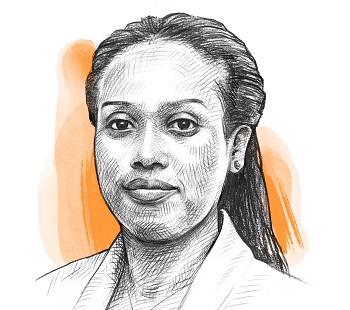PARSANTE – Support Programme for the Return of Health Services to Fighting Areas in Mali
Objective
-
EUR 3.5mBUDGET
-
02/01/2019PROJECT START
-
18 monthsDURATION
PARSANTE is a project to support capacity building for the health services of the Malian Armed Forces (Famas). With this project, the European Union, in partnership with Expertise France, is today confirming its commitment and determination to provide responsive and effective support to its partners in Mali. The aim is to restore the territorial integrity of Mali and contribute to the implementation of development actions in the Sahel.
PARSANTE has the more specific objective of improving healthcare services for civilian populations in central regions that are poorly served by basic services, and helping restore the dialogue and trust between citizens, administrations and defence forces through this civil-military approach to health. It will involve:
• Building the infirmaries of the military garrisons in the central regions;
• Providing them with equipment and medical supplies based on identified health packages;
• Training the medical and paramedical staff;
• Developing a dialogue between the various stakeholders and the Famas with the aim of pacifying community relations.
Finally, the PARSANTE project will directly aim to contribute to the operational needs of the Malian Armed Forces, by supporting the health services of the armed forces and providing direct assistance to populations in the areas of strengthening basic health systems, which will be user-oriented.
This inclusive approach will be deployed based on the essential health pillars, such as:
• Healthcare services,
• Human resources for health,
• Information systems,
• Medical products, vaccines and other technologies,
• Financing,
• Leadership and governance.


